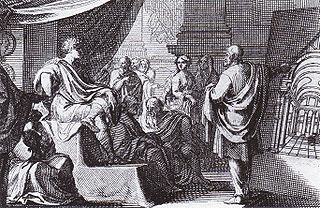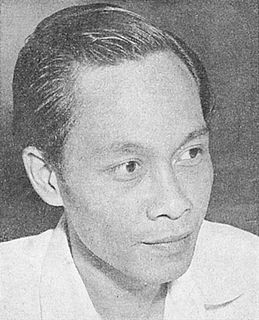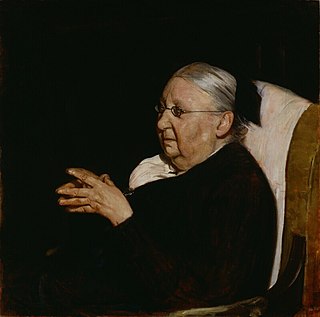A Quote by Epictetus
Neither should a ship rely on one small anchor, nor should life rest on a single hope.
Related Quotes
The historian should be fearless and incorruptible; a man of independence, loving frankness and truth; one who, as the poets says, calls a fig a fig and a spade a spade. He should yield to neither hatred nor affection, not should be unsparing and unpitying. He should be neither shy nor deprecating, but an impartial judge, giving each side all it deserves but no more. He should know in his writing no country and no city; he should bow to no authority and acknowledge no king. He should never consider what this or that man will think, but should state the facts as they really occurred.
I will not close my eyes, neither those in my head nor those in my soul, as the ship carries me away, along with my future, my dreams, and my beliefs. Buru Island is no happy land somewhere; it's but a way station on my journey in life—though to believe even that much will require no small measure of hope.
Let people who do not know what to do with themselves in this life, but fritter away their time reading magazines and watching television, hope for eternal life... The life I want is a life I could not endure in eternity. It is a life of love and intensity, suffering and creation, that makes life worthwhile and death welcome. There is no other life I should prefer. Neither should I like not to die.
These fellow-mortals, every one, must be accepted as they are: you can neither straighten their noses, nor brighten their wit, nor rectify their dispositions; and it is these people-amongst whom your life is passed-that it is needful you should tolerate, pity, and love: it is these more or less ugly, stupid, inconsistent people whose movements of goodness you should be able to admire-for whom you should cherish all possible hopes, all possible patience.
I should . . . prefer swallowing one incomprehensibility rather than two. It requires one effort only to admit the single incomprehensibility of matter endowed with thought, and two to believe, first that of an existence called spirit, of which we have neither evidence nor idea, and then secondly how that spirit, which has neither extension nor solidity, can put material organs into motion.
Where there is Love and Wisdom, there is neither Fear nor Ignorance.
Where there is Patience and Humility, there is neither Anger nor Annoyance.
Where there is Poverty and Joy, there is neither Cupidity nor Avarice.
Where there is Peace and Contemplation, there is neither Care nor Restlessness.
Where there is the Fear of God to guard the dwelling, there no enemy can enter.
Where there is Mercy and Prudence, there is neither Excess nor Harshness.







































